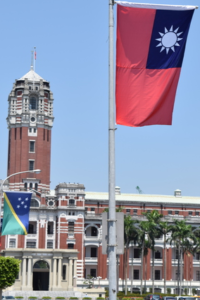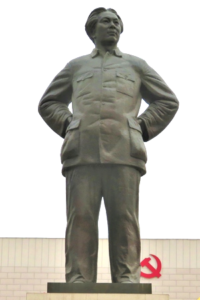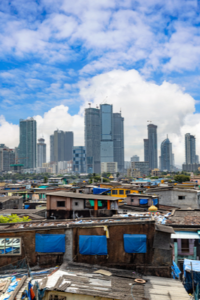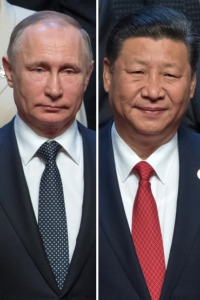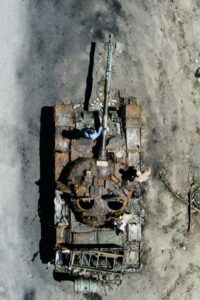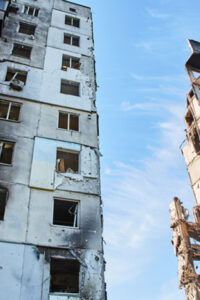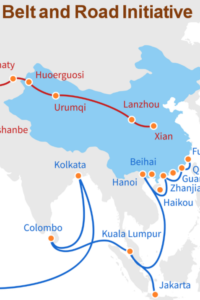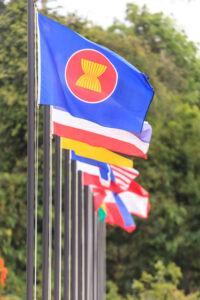
Southeast Asian countries have dealt with the major powers through loose cooperation. There is much Japan could learn from ASEAN’s pragmatism. Suzuki Sanae, Associate Professor, University of Tokyo A history of freedom in foreign and security policy and standoffs Amid ongoing US-China tensions, the stance of ASEAN member countries towards the United States, China, and other extra regional countries appears to differ, with divisions and standoffs among ASEAN members being pointed out. However, from a historical perspective, several factors need to be borne in mind. First, ASEAN was never a military alliance to begin with and does not prevent its member countries from formulating their own foreign and security policies in line with their own national interests. If anything, such a large degree of freedom has allowed for loose cooperation and collaboration. At one time in the 1970s, Malaysia proposed the neutralization ... ... [Read more]
